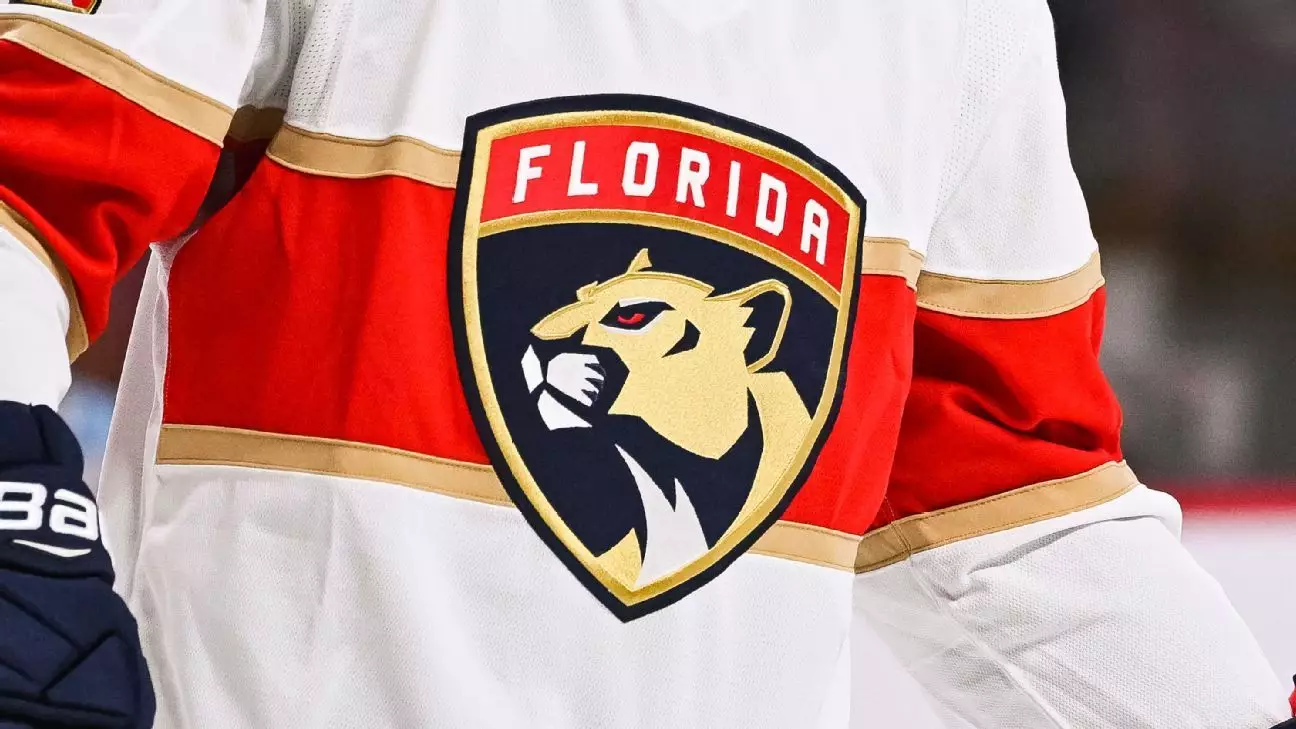In a shocking turn of events, Doug Cifu, a minority owner of the Florida Panthers, has been suspended indefinitely from any engagement with the National Hockey League (NHL) following a series of incendiary posts on social media. This incident highlights the broader implications of social media conduct for public figures and the considerable responsibilities that come with power and ownership in professional sports. Cifu’s remarks not only deviated from the professional demeanor expected of someone in his role but have opened a Pandora’s box regarding the intersection of sports, social issues, and individual accountability.
The remarks that led to Cifu’s suspension occurred during a heated exchange with a Toronto Maple Leafs fan on X (formerly Twitter) on the night of May 11, which coincided with a pivotal game between the Panthers and the Maple Leafs. As tensions were already high on the ice, Cifu’s decision to engage in a public debate about sensitive geopolitical issues, alongside contentious remarks aimed at a fan, illustrated a glaring lack of judgment—a trait that should be inconceivable from a leader in any organization, especially one as prominent as an NHL owning group.
Poor Judgment and Unchecked Emotions
Cifu’s post was a vehement response to a comment comparing sporting tactics to issues of warfare and famine. While the original comment by the fan, Dr. Grizzo, may have its flaws, it did not warrant the vitriolic reply that Cifu provided. Describing someone as a “whiny dope anti-Semite” is not just inappropriate; it reveals a fundamental misunderstanding of the impact words can have. In competitive sports, emotions run high, but professionals must maintain decorum, especially when representing brands and teams in the public eye.
This incident serves as a sobering reminder: social media can be a treacherous terrain for those in influential positions. The problems arise when individuals forget that their words can resonate beyond the digital platform, affecting careers, reputations, and even influencing public discourse.
The NHL’s Prompt Response
The NHL’s swift action in suspending Cifu underscores the league’s commitment to maintaining a professional environment free from hate speech and unfounded accusations. The NHL released a statement denouncing Cifu’s posts, asserting they were “unacceptable and inappropriate.” This strong rebuke sends a clear message: the league will not tolerate behavior that contradicts its values and principles, especially during a time when inclusivity and sensitivity to social issues are increasingly crucial.
Cifu, now faced with his missteps, issued a statement acknowledging the gravity of his comments, vowing to work collaboratively with the NHL to rectify his actions. His claim that his behavior doesn’t reflect the standards of the Panthers organization poses questions: How does one reconcile their actions with the image of the professional entity they represent? Moreover, how can characters like Cifu learn from their misjudgments when facing the penumbra of public scrutiny?
The Stakeholders in the Equation
When examining the fallout from this incident, it is important to consider the stakeholders involved. Fans, players, and the franchise itself are all implicated in Cifu’s actions. The Panthers are currently embroiled in a playoff series and are the reigning Stanley Cup champions. Players and staff are fighting for victory, navigating the pressure of competition while dealing with the distraction of their minority owner’s controversial remarks.
Moreover, sponsors and partners might reconsider their alliances with the Panthers, especially if Cifu’s actions conflict with their own societal values. The true impact of Cifu’s remarks will stretch far beyond personal dissension; it has the potential to erode trust between the organization and its supporters. In a world where social consciousness and corporate responsibility are increasingly emphasized, failing to align personal conduct with organizational values can prove disastrous.
In the competitive realm of professional sports, the need for responsible representation has never been more critical. The incident surrounding Doug Cifu serves as a cautionary tale for all stakeholders involved in the sports industry, emphasizing the need for awareness, accountability, and respect in all forms of communication, both on and off the ice.

